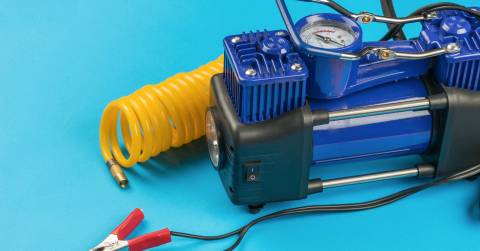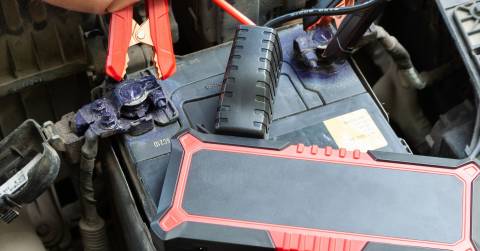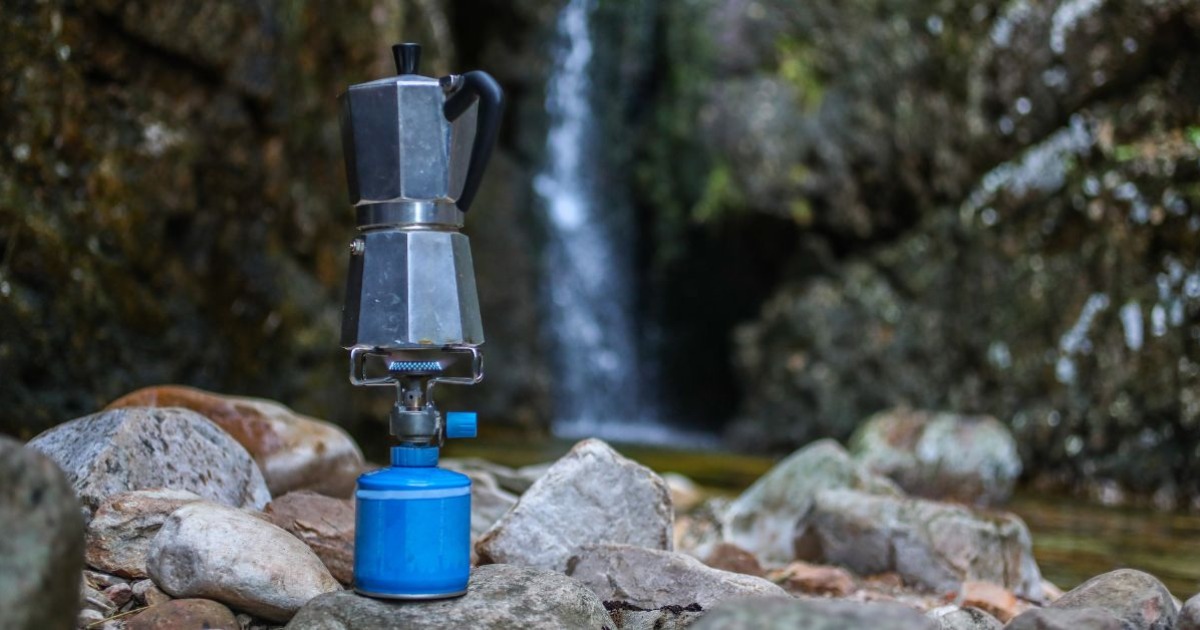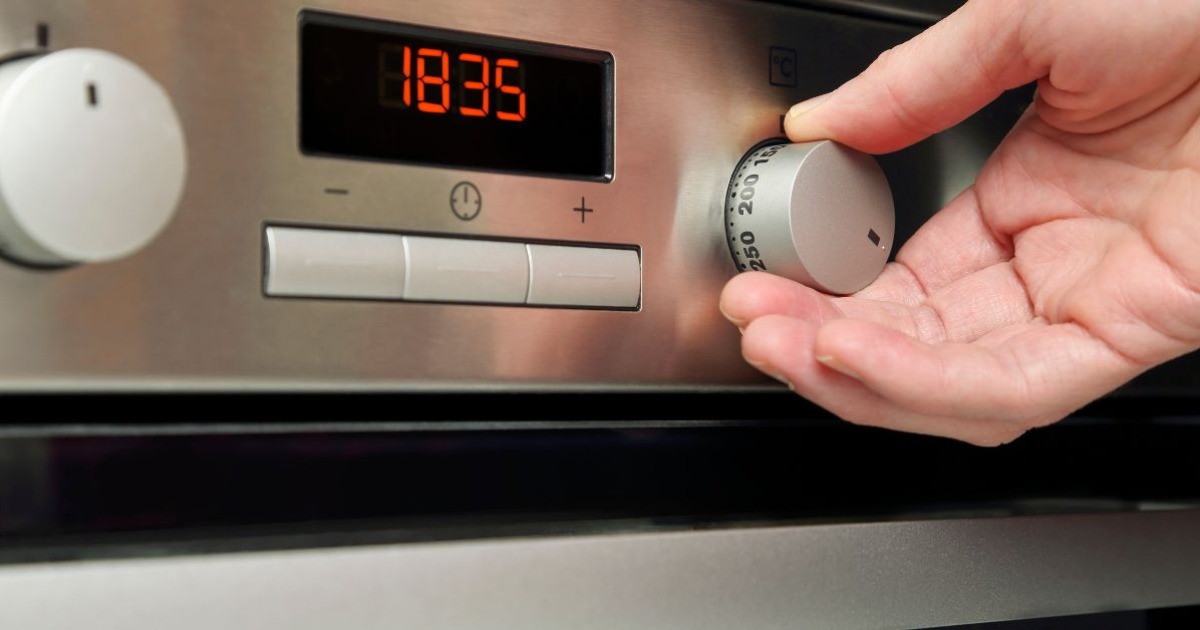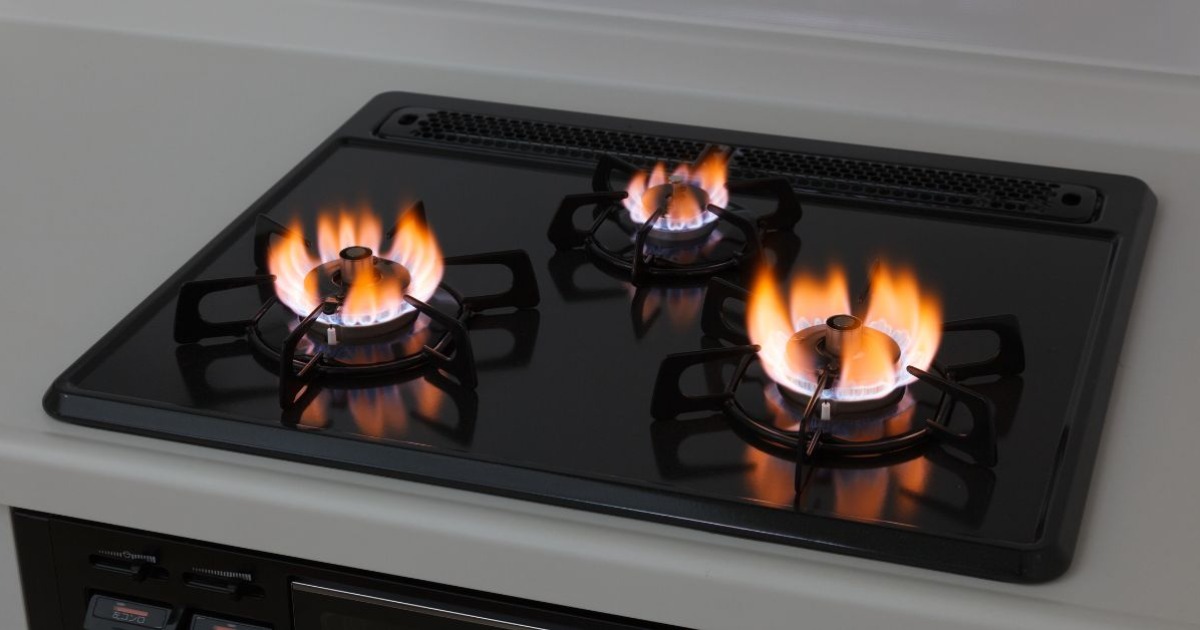The Best Value All Season Tires - Complete Buying Guide 2024
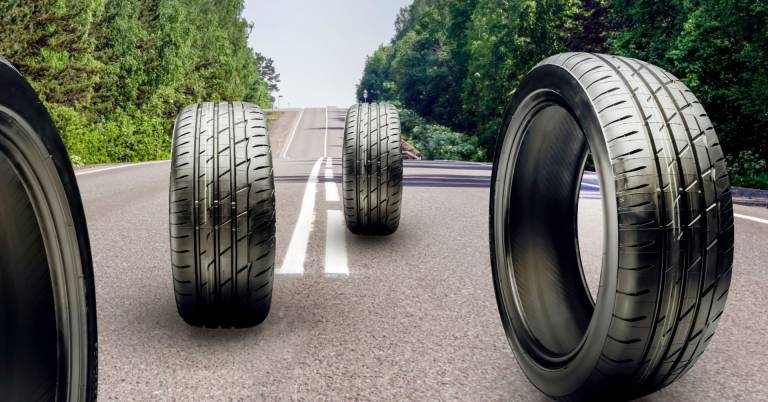
Our Top Picks
1. Best Overall: Goodyear Assurance All-Season Radial - 205/55R16 91H
The Goodyear Assurance All-Season Radial tire is designed to give you the confidence on and off the road. The optimized tread pattern reduces road noise for a quieter ride. The large stable shoulder blocks are designed to provide confident wet and dry handling whether your driving in or out of water. Read Review
2. Runner Up: Fullway HP108 All-Season Performance Radial Tire
Fullway HP108 All-Season Performance Radial Tire is designed to be used in all types of weather. It offers a uniform tread pattern so you can steer accurately, even in wet or icy conditions. Read Review
3. Best Quality: Firestone All Season Touring Tire 225/65R17 102 T
The All Season Touring Tire 225/65R17 102T is designed to deliver superior handling and a smooth ride in any weather condition. With a durable, chrome-plated steel belt that contains a stone chip breaker, the Touring tire provides the best protection for your vehicle. Read Review
4. Best Adjustable: Pirelli PZero All Season Ultra High Performance Radial Tire
Pirelli PZero All Season Radial Tyre. The Continuous Compound Technology of the PZero range offers a better compromise between performance and handling, with a high level of safety and grip on wet or dry roads. With its new 3D groove technology, this tyre enhances performance at all speeds on dry or wet surfaces, whilst also providing enhanced tread water drainage. Read Review
We all have different driving needs and preferences. If you're someone who drives less frequently, or if you simply want to save money on your car maintenance, then buying a set of winter tires is a no-brainer solution for you. In addition, these tires are not just affordable but also offer the best value among all season tires.
These are basically special low profile tires that are designed to handle snow and ice better than most other types of tires available in the market today. That being said, it's important to note that all-season tires won’t work well in more extreme conditions such as icy roads or snowfall. In this article, we will be discussing everything you need to know about all-season tires including advantages, disadvantages, features, cost and more so that you can make an informed purchasing decision.
Our experts have determined the models that would be the greatest fit for your requirements, specifically Goodyear Assurance All-Season Radial - 205/55R16 91H, after doing extensive study and analysis over a considerable time. Consider Fullway HP108 All-Season Performance Radial Tire as an alternative if you're still undecided. Other suggestions on this list are definitely worth considering, and we've put up a useful shopping guide to help you decide!
RELATED: We evaluated the good passenger car tires from 5,244 customer reviews. Read this article to determine which is the best option for you.
Our Top Picks

- Optimized tread pattern; reduces road noise for a quieter ride
- 65000 miles/105000 kilometers tread life; life time warranty
- Large stable shoulder blocks; for confident wet and dry handling
- Multiple biting edges; offer great all-season traction is wet, dry conditions and snowy conditions
- Wide tread grooves; help evacuate water and slush from enhanced wet traction

- Performance: Performance
- Treadlife: N/A
- Season: All Season
- Car Type: Passenger
- Load Range SL, 4-Ply Rated, 4-PR

- Country of Origin : Canada
- Package Dimensions: 68.58 H x 24.13 L x 68.58 W (centimeters)
- Fit Type: Vehicle Specific
- Package Weight: 12.338 kilograms

- Fit type: Universal Fit
- Ultra high performance

- Load Range XL, 4-Ply Rated, 4-PR
- Season: All Season
- Treadlife: N/A
- Car Type: Passenger
- Performance: High Performance
- Exception: Not for highway use. Not for finish mower or any trailer type carts. Not for static load-bearing.
- Overview: Two (2) Very Brand New Cross Pattern Contractor Grade Flat Free Solid Polyurethane 4.80/4.00-8" (universal 16") Tires and Steel Rim assembly for Contractor Grade & Residential Grade Wheel Barrow, Cart, etc., which Manufactured on 2021!
- Note: Before ordering, please check your current tire and wheel specifications such as current tire size, wheel hub length and Bore ID or Shaft Axle OD, etc.(See How-To in Images)
- Dimensions: Tire diameter: 15.8"; tread width: 4.8"; rim diameter: 8"; centered hub base length 3.25" (Can be extend up to 6") ; Bore φ3/4 installed (Extra sets φ5/8" bearings attached for possible DIY replacement).
- Features: Maintenance-free, SOLID NO FLAT, Puncture Resistant, Hub installed 3/4" Bearing and with Angled Grease Fitting: no need to check air pressure, add air, or fix tire puncture. Save your time and make you relax in tire care!
- Treadlife: N/A
- Season: All Season
- Car Type: Passenger
- Load Range XL, 4-Ply Rated, 4-PR
- Performance: High Performance

- Performance: High Performance
- Car Type: Passenger
- Season: All Season
- Treadlife: N/A
- Load Range XL, 4-Ply Rated, 4-PR

- Passenger, All Season - The new Firestone All Season is a quality tire at a great value from a brand you can trust
- Tire Diameter: 24.9 Inches
- Deep sipes retain wet and all-season performance
- Specially engineered to provide performance in wet, dry, and snowy conditions with traction and handling all year long

- The Winter Grip Technology allows you to confidently tackle the changing seasons utilizing sawtooth grooves to enhance snow traction and control in wintery conditions
- The EnduraGuard Design provides durable internal construction, helping the tire keep its shape when driving over rough and uneven surfaces
- Standard Limited Warranty
- All Weather Tire
- Treadwear Warranty: 60,000 Miles
- 3 Peak Mountain Snowflake (3PMS) certified. Meets required performance criteria in snow testing to be considered severe snow service-rated
- The Durable-Tread Technology helps to extend the life of your tire with ultra-durable materials that are cut and chip resistant
What Are The Most Critical Factors Of best value all season tires That You Should Consider?
To make a significant purchase, you are supposed to know the best value all season tires. There are a number of other difficulties that need to be investigated and evaluated. Every product has its challenges. Thus, you might count on us to provide you with detailed advice and guidance.
Based on what people and technical innovation have co-operated to analyze and build the following qualities, it’s helpful to look into these following criterial before selecting best value all season tires:
Load Rating
Weight Capacity
Type Of Construction
Rim Diameter
Tire Size
Aspect Ratio
Speed Rating
Type Of Tire
FAQs
Can I Mix And Match Tire Brands?
This is not a good idea. It's best to use the same tire brand if you are replacing two tires. You can replace one tire at a given time if you have to use different brands.
How Do I Know What Size Tire Is On My Car Now?
The information found on your tire's sidewall contains all of this information. It is possible to find the size of the tires, the UTQG rating and the date code on the Tire Industry Association's website.
How Long Do Car Tires Last?
It depends. It depends on what type of tire you have. Most tires will last between three and four years if they are properly inflated according to your vehicle's specifications. It's also important that you rotate the tires according to their schedule and have them balanced if there is a weird vibration.
What Tire Brands Last The Longest?
No one brand of tire lasts longer than another. The way that you drive will determine how long your tires can last. Your tires will last longer if you do regular alignments and rotate your tires.
Where Should I Purchase My Tires?
It all depends on what you prefer. You can easily purchase tires online. You may get better deals and a more comprehensive service at brick-and mortar stores.
Do I Have To Replace All Four At Once?
While it is a great idea to do so, it may not be necessary. There's no need to replace every tire if one of your tires has been punctured. To allow all four tires to wear evenly, tire rotation is essential.
How To Inflate Car Tires?
To determine the correct level of your vehicle's inflation, look inside the driver's door or the manual. Use a gas station compressor to remove tire stem caps. To check the tire pressure, keep a small gauge in your glovebox. You can remove excess air from the tire by using an air compressor. Continue filling your tire if you have underinflated it. When you're done, replace the stem cap.
How Often Should I Rotate My Tires?
Rotating tires has more to do with the tire than the car. The average rotation interval for tires is between 5,000 to 7,000 miles. However, specific vehicles and tires can alter these numbers. The wear of tires on the ends may vary depending on your driving style and the type of vehicle's driveline. This is why it's so important that you rotate your tires.
Are Age And Mileage The Only Reasons To Replace A Tire?
No. You should replace tires if you are experiencing road hazards. You should replace at least one of your tires if there are any punctures or cuts in the tire, especially the sidewall. You should replace your tires if there is any visible bulges, deformities or signs of wear.
How Do I Change A Tire?
You can find out how it is done by doing a simple google search. Your vehicle should have a spare and some tools for changing the tire, as well as a kit that includes an aerosol tire sealer and compressor. You don't have to do it yourself or you require a professional. We offer a guide on how to find a local tire service that can help you quickly and cost effectively.
Can All-season Tires Be Used All Year Round?
Although all-season tires can be used in almost any season due to the varying tire compound and limitations it is impossible to have one tire perform flawlessly in every situation. Tires made of softer materials that perform well in colder climates will last longer in hotter areas. All-season tires are great for all four seasons. These tires can help you get through snowy conditions and even off-roading.
What Is The Difference Between All-season, Summer, And All-weather Or Snow Tires?
All-season tires can perform in many conditions. These tires offer excellent on-road performance in warm climates, and they can maintain traction through wet roads. However, they do not provide the same traction as summer tires. Summer tires are a better choice for places where there is likely to be inclement weather because of their stickier compound. They also have fewer grooves, which make them more efficient in handling. While all-weather and snow tires are capable of performing well during the summer, their treadwear performance suffers in hot conditions. These tires are the best choice to maintain traction in winter conditions.
In short, nowadays, best value all season tires news and information can be easily found in many online sources of info. With the go up of technology, especially the Internet, you can keep updated with the latest news without worrying about missing anything by visiting our website frequently or subscribing to our newsletter.
We can assist you with best value all season tires issues and a range of other concerns. Don't hesitate to get in touch with us if you require support for problems.
READ NEXT: Top Best Coffee Makers With Grinder For You In 2024 & Buying Tips
 By, Katie Finn
By, Katie Finn



